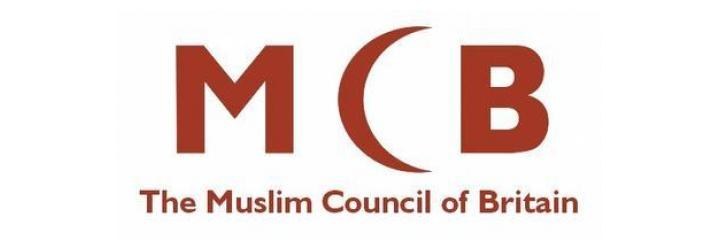On Monday, David Cameron unveiled a new five-year plan to tackle "Islamist extremism" in Britain.

In a speech in Birmingham, the prime minister said that new measures would be introduced to curb radical extremism in Britain, which he argued had helped lead around 700 Britons to join ISIS in Iraq and Syria.
The measures, which will be outlined in the autumn, include banning speakers deemed to be extremists, bringing in tougher rules on TV broadcasters, and providing funding to groups seen to be tackling extremism. He also added that new measures would be introduced to curb groups deemed to be "nonviolent extremists".
However, it remains unclear which groups or individuals have helped the government devise the strategy.
Sky News reported that the speech was the result of an "extensive consultation".
Despite several requests over the phone and by email from BuzzFeed News, the government refused to disclose which groups it had spoken to or how long the consultation period was.
And a number of organisations claiming to represent large swaths of the British Muslim community say they were not included in any consultation process.

One of the groups is the Muslim Council of Britain, which represents over 500 Muslim organisations across the UK.
It's considered the largest Muslim umbrella groups in the country, and has been involved in discussions about countering extremism in the past.
"The Muslim Council of Britain was not consulted by the government prior to the Prime Minister's speech being delivered," an MCB spokesperson told BuzzFeed News.
"We are an organisation independent of government, but our affiliates expect us to reflect a broad consensus of the Muslim community to government. We may well disagree on some aspects of government policy, but in the past we have found that it is better to talk than not to engage at all."
On its website, the MCB released a statement voicing its concern "that these latest suggestions will set new litmus tests which may brand us all as extremists, even though we uphold and celebrate the rule of law, democracy and rights for all".
A source close to the MCB said they believed the government had taken advice from a few select organisations.
"I'm not sure who they spoke to, but my feeling is that they spoke to organisations with views that they already agreed with," the source told BuzzFeed News. "It's why the speech rarely mentioned anything to do with questionable foreign policy or Islamophobia, even though these are some of the biggest drivers toward extremism."
The source said did not want to name the groups they thought were part of the consultation.
While the government has not confirmed its involvement, the director of the anti-extremism think-tank Quilliam said on Twitter that he had helped the prime minister with the speech.
I'm a liberal & I'm proud to have helped with UK PM Cameron's speech that names & isolates Islamism. Our work is taking root #Solidarity
However, he did not clarify whether Quilliam itself had assisted with the speech.
Speaking to BuzzFeed News, Quilliam's managing director, Haras Rafiq, said there was "no formal consultation prior to the speech being delivered" and that the policies had "materialised over a number of years".
"There wasn't any formal consultation process, but rather a collaboration of meetings, some of which included the Quilliam Foundation," he said. "The speech was an amalgamation of that."
He also said that Muslim organisations including the MCB and the Ramadhan Foundation had been involved in meetings with government ministers alongside representatives of Quilliam.
